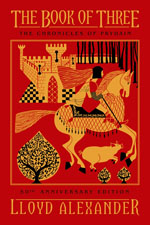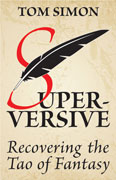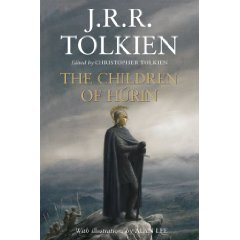I recently took part in a discussion on Sarah A. Hoyt’s blog about Ray Bradbury. Wishing to scrapbook my remarks for my own future consideration, I reproduce them here. Those not interested in my unformed maunderings are invited to skip this post, with my apologies.
Goldwin Smith, a British-Canadian journalist of the Victorian period, at once praised and damned the then prime minister of Canada, Alexander Mackenzie, in these words: ‘Mr. Mackenzie was a stonemason; he is a stonemason still.’ The qualities that made a good stonemason, he implied, were just those that made a man doctrinaire, clumsy, and incapable in public office. (But then, Goldwin Smith was no treat. An astute historian has remarked that his idea of independence was to be unfair to each side alternately.)
With thanks and apologies to Mr. Smith, I can say that Ray Bradbury is a horror writer, and when writing science fiction or anything else, he is a horror writer still. He reaches for an emotional effect, and does it very well; but he reaches no further. He writes (for instance) stories about little boys who long to become rocket men, and he is very good at making you feel their longing; but he is content with that, and does not take you any deeper into their world. Horror is all about the emotional effect; its job, by definition, is to horrify the reader. Science fiction, when well done, is about the discovery. A story must appeal to the intellect and the sense of curiosity, not to the emotions only, if it is to be successful by the terms of that art. Bradbury seldom makes any appeal to the intellect, and his appeal to curiosity is essentially negative; for a horror story is generally a cautionary tale against curiosity, in which evil things will happen if you go into the haunted house, or inquire too closely into the neighbour with the unearthly manners. [Read more…]










Recent Comments